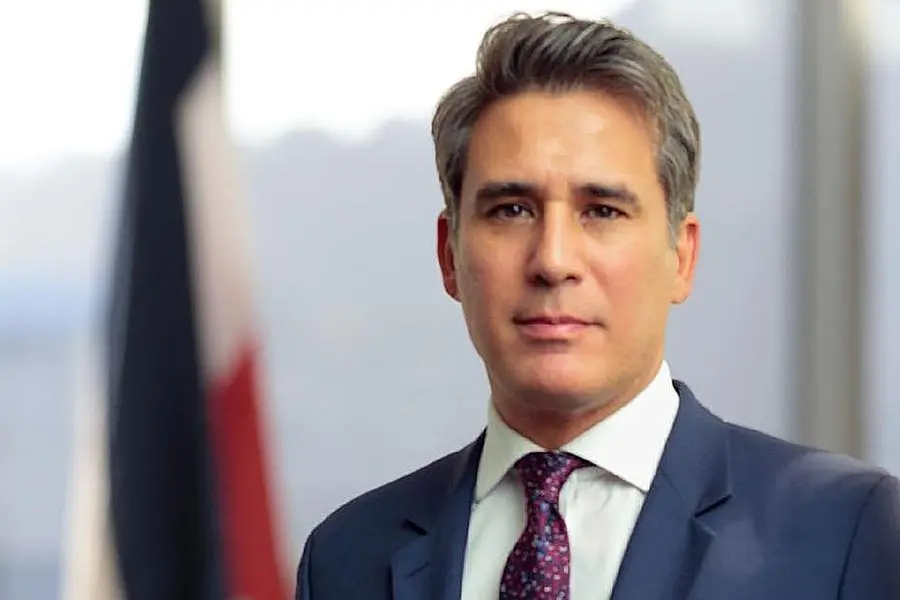PHOTO
The proposed Comprehensive Economic Partnership Agreement (CEPA) between Costa Rica and the UAE will bring economic and social benefits to both peoples, a top Costa Rican official told the Emirates News Agency (WAM).
“This will in turn bring both countries closer to our development goals,” said Manuel Tovar Rivera, Minister of Foreign Trade of Costa Rica, and President of the Costa Rican Foreign Trade Promoter (PROCOMER), who was on an official visit to the UAE.
“As Costa Rica has an ambitious agenda to expand its foreign trade, the trade and investment relations with the UAE have become a great interest for the current administration. The UAE is our top a priority to expand our ties with the Middle East,” emphasised the minister.
As WAM reported on Tuesday, Rivera and Dr. Thani bin Ahmed Al Zeyoudi, Minister of State for Foreign Trade, signed a joint statement marking the launch of preliminary talks to establish CEPA between the two countries.
The trade and investment exchanges between the two countries continue to grow as the non-oil trade reached AED 216 million (US$58.7 million) in 2022 with a 19 percent growth compared to that of 2021.
The UAE has signed four CEPAs so far – with India, Israel, Indonesia, and Turkiye – and more such agreements with other countries are expected in the coming days.
The Costa Rican minister said the proposed CEPA between both countries will help strengthen the collaboration between Central America and the Middle East as well.
50 Free Trade Agreements
During the past three decades, the Costa Rican economy has successfully diversified, he noted.
“Moreover, we have also diversified our trading partners, from the neighbouring region to other regions, especially in Europe and Asia. This has largely been made possible by our Free Trade Agreements (FTAs) that provide preferential access to more than 50 trading partners that together account for two thirds of global GDP,” the minister explained.
Bilateral agricultural trade has huge potential that will benefit both Costa Rica and the UAE, Rivera pointed out.
“Costa Rica offers a wide variety of agricultural products that may be of interest to the UAE. We are the world’s number one exporter of fresh pineapples and pineapple juice, and we also rank among the top exporters of bananas,” he noted.
As Costa Rica also exports many other food produces, “the proposed CEPA with the UAE will boost trade opportunities and help establish supply chains among our producers and buyers, and guarantee a robust trade flow, based on preferential access for our products. Free zones in the UAE may be an important option for Costa Rican firms interested in exploring such opportunities,” Rivera said.
Sustainable trade
Both Costa Rica and the UAE share the vision of promoting sustainable trade, the minister pointed out.
As trade partners that share the values of sustainable and inclusive development, environmental protection, and multilateralism, he suggested that the UAE and Costa Rica can jointly promote different initiatives at a multilateral level.
As the UAE is hosting the 13th World Trade Organisation (WTO) Ministerial Conference (MC13) in February 2024 in Abu Dhabi, Costa Rica will be glad to support the UAE on any trade-related initiative aimed for cooperation in global climate action, Rivera asserted.





















